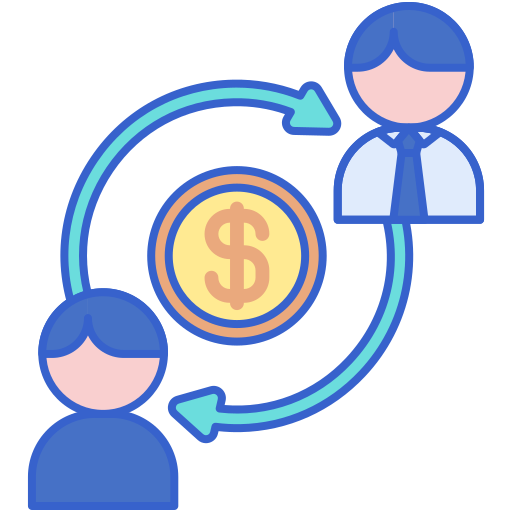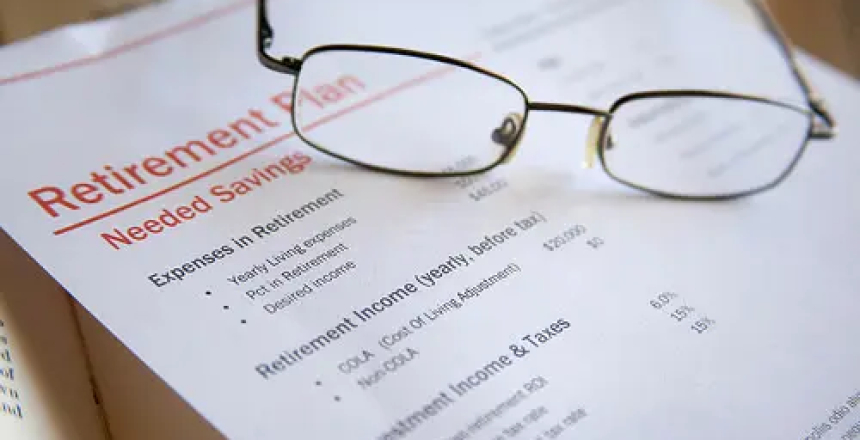Why Baby Boomers Should Consider Refinancing
Between 2015 and 2030, the American population will experience a significant shift, as more than 130 million people will be at least 50 years old, and all of the baby boomers will have retired, which means that a fifth of the population of the country will be at least 65. Based on current trends, that means that more retirees will be renting their homes or still paying off their mortgages than there ever have been before. This could lead to financial hardship, although there is still time to avoid those problems — and refinancing your mortgage could be one way to help.
A recent Harvard study showed that the percentage of people who are 50 or older who still have mortgage debt is growing. Most people see their highest income levels in their late forties, before it starts dwindling on the way to retirement. This means that the cost of housing takes up more and more of income as people who are over 50 get closer to retirement.

Currently, more than 40 percent of people who have a mortgage and are over the age of 65 have to pay at least 30 percent of their income toward the cost of housing. The lower your income in retirement, the more impact you will feel. You’ll have less money for other necessities, including the cost of medical insurance, which can still go up.
Lower Monthly Payments and Financial Flexibility
So should baby boomers refinance? You should — if it will cut down the total number of dollars you end up paying for your home. Cutting $150 or $200 off your monthly payments might sound good, but if you end up paying $5,000 more over the life of the loan, that doesn’t make any sense from a fiscal point of view. However, if the potential interest rate is so much lower that you would end up paying less money over the total life of the loan, pull the trigger and refinance.
Another option for people who have equity in their homes is a reverse mortgage. There are different types of reverse mortgages, depending on whether you need monthly financial support, a one-time infusion of cash to pay for back taxes or repairs, or if you have a different need. Even if you still have mortgage payments at retirement, if you have built up enough savings during your lifetime, you will have more financial security.
Some ways to maximize your retirement savings include maxing out the employee matching program. Some employers offer retirement account contribution matching, so make sure that you get as much of it as possible. Your retirement contributions reduce the amount of your income that is taxable, so do yourself a favor and contribute. Also, after you turn 50, you can contribute $1,000 more each year to personal IRAs so you can “catch up” from prior years.
To get the best advice about your own situation, talk to a financial adviser. These are major decisions that face you, and they will affect your quality of life, so make sure you get the right information for your family’s needs.

